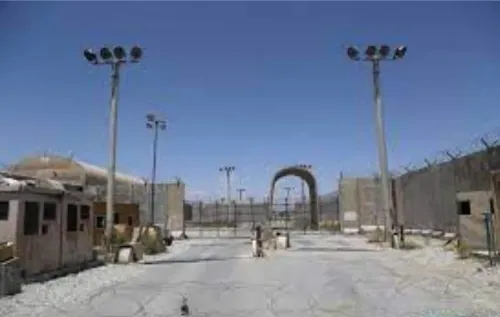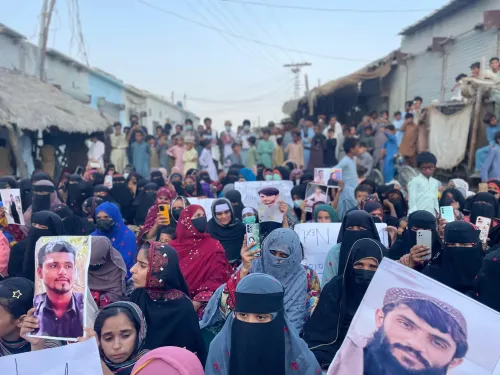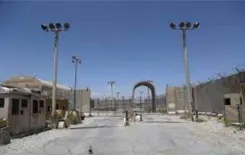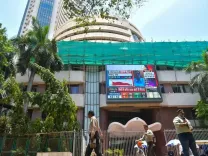How Will Iraq Reduce Oil Dependency by 2050 with a New Development Vision?
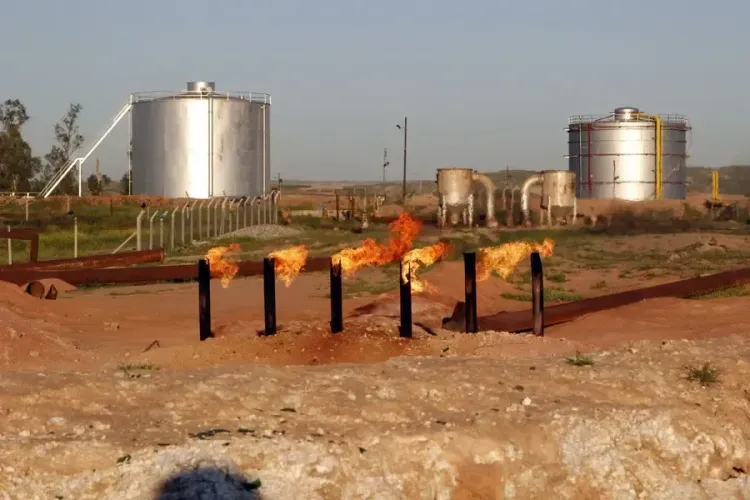
Synopsis
Key Takeaways
- Iraq's Vision 2050 focuses on reducing oil dependency.
- Economic diversification is a key goal.
- 1.5 million jobs are expected to be created.
- 70% self-sufficiency in food, water, and energy is targeted.
- Collaboration among various stakeholders is essential for success.
Baghdad, Sep 21 (NationPress) Iraqi Prime Minister Mohammed Shia' al-Sudani has unveiled a national development vision, emphasizing that the nation cannot continue relying solely on fossil fuels as the cornerstone of its national economy.
According to a release from al-Sudani's media office on Saturday (local time), the Prime Minister participated in the launch of the Iraq Vision 2050 for Development and the Future, an event attended by high-ranking government officials, diplomats, and representatives from the private sector.
The vision seeks to diversify Iraq's economy, diminish oil dependency, and enhance private sector involvement through structural reforms, as stated in the announcement.
Significant initiatives include positioning Iraq as a transit hub for 20 percent of Asia-Europe trade via the Al-Faw Grand Port and the Development Road project, which is projected to create 1.5 million jobs, as reported by the Xinhua news agency.
The vision also aims for 70 percent self-sufficiency in food, water, and energy through sustainable green initiatives, with an upcoming development roadmap set to be presented to the Council of Ministers for approval.
As technological innovations and artificial intelligence transform global economies, al-Sudani expressed Iraq's ambition to escape oil dependency and cultivate a diversified and stable economy in the coming decades.
Iraq Vision 2050 embodies a collective national direction, engaging state institutions, the private sector, universities, civil society, and youth, he added.
This initiative occurs amid the Iraqi government's strategies to attract companies to operate within Iraq while promoting advancements in the oil sector, encompassing production, refining, and natural gas production, along with the implementation of the latest technologies for sector development.
In this context, the Iraqi Oil Ministry recently finalized a principal agreement with the US energy firm Chevron.

